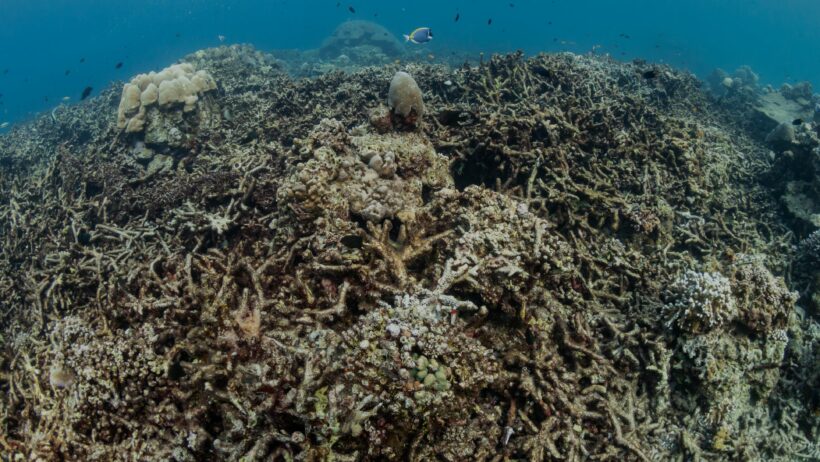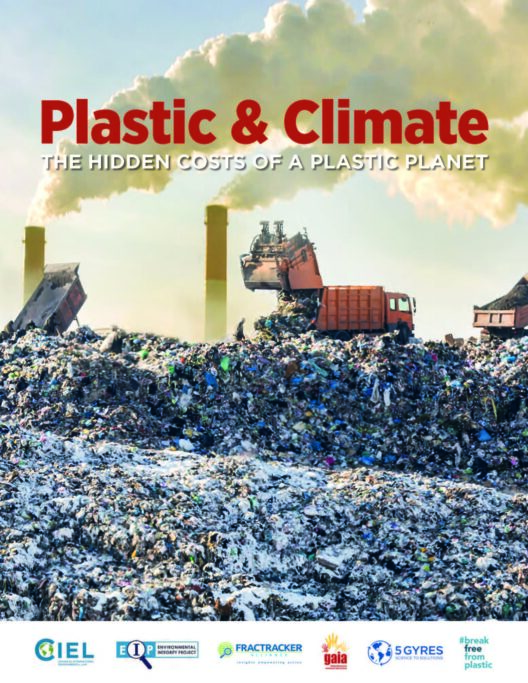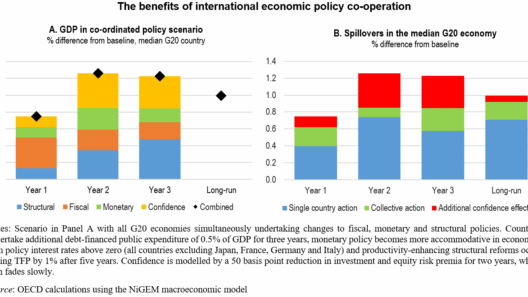Coral reefs, often deemed the “rainforests of the sea,” serve as some of the most vibrant and biodiverse ecosystems on the planet. Their striking beauty captivates the imagination, harboring multitudes of species, from the smallest fish to majestic sea turtles. However, beyond their visual allure, these underwater landscapes are intricately linked to the health of our oceans and, by extension, the well-being of our planet. They act as crucial indicators of marine health and resilience, embodying the complex interplay between life and environment.
The relationship between coral reefs and climate change is profound and multifaceted. As climate-related stressors such as rising sea temperatures and ocean acidification intensify, these ecosystems face unprecedented threats. The phenomenon of coral bleaching, where corals expel the symbiotic zooxanthellae algae that provide them with nutrients and color, is a stark representation of this crisis. Bleached reefs not only lose their vibrant hues but also their vitality, often leading to ecosystem collapse. Hence, exploring how coral reefs can help avert climate catastrophe becomes imperative for both environmentalists and citizens alike.
One notable observation is the capacity of coral reefs to sequester vast amounts of carbon dioxide. While they are not a solution in isolation, healthy reefs can serve as a significant carbon sink, mitigating some effects of climate change. Through the process of calcification, corals absorb carbon from seawater, essential for their structural growth. However, with rising CO2 levels, the very process that allows them to thrive becomes compromised. This juxtaposition hints at a deeper narrative: the paradox of reliance and vulnerability—corals depend on stable environmental conditions that are increasingly disrupted by human activity.
Furthermore, coral reefs provide critical services that extend well beyond their ecosystems. They act as natural barriers, protecting coastlines from erosion and reducing the impact of storm surges. Such dynamics are integral, particularly in light of increasing severe weather events predicted under current climate models. Coastal communities that depend on reefs for protection are often left exposed to the whims of nature where the devastation manifests as loss of life, property, and livelihoods.
Reefs also play a vital role in sustaining local economies, particularly through fisheries and tourism. Approximately 500 million people rely on coral reefs for their primary source of protein, as well as economic opportunities tied to tourism and recreational activities. The loss of coral reefs thus does not only lead to environmental decline but also threatens food security and economic stability for millions worldwide. Protecting these ecosystems encapsulates the moral and pragmatic approach to climate change—ensuring both environmental health and human well-being.
Yet, the fascination with coral reefs extends beyond their utilitarian benefits. They stand as a testament to resilience and adaptability. Interestingly, researchers have discovered certain coral species that exhibit remarkable capacities to tolerate higher temperatures. This inherent variability offers glimmers of hope as scientists explore selective breeding and assisted evolution to bolster reef resilience. Such studies highlight an important aspect of our relationship with nature—cooperation, rather than domination. It suggests a collaborative effort rooted in respect for the complex systems that have evolved over millennia.
However, the narrative of degradation and recovery is punctuated by urgent calls to action. The resilience of coral reefs is rapidly being tested, and if trends continue, predictions foretell that 70 to 90% of existing coral reefs could suffer significant decline by 2030. Immediate measures must be taken to reduce greenhouse gas emissions, enforce sustainable fishing practices, and combat pollution. These actions would not only contribute to the preservation of coral ecosystems but would also reverberate across the entire biosphere, fostering better health for the oceans and the planet.
Education and awareness are equally crucial in this endeavor. Engaging communities in conservation efforts, fostering a deeper understanding of reef systems, and promoting sustainable practices can create a collective ethos around stewardship. Grassroots movements, scientific research, and policy advocacy must converge to form a robust framework that champions the rights of nature alongside human interests. The future health of coral reefs hinges on collaborative partnerships, innovative solutions, and sustainability initiatives.
In conclusion, the question, “Can coral reefs save us from climate catastrophe?” unveils layers of complexity shaped by ecological intricacies and human dependencies. While corals alone cannot reverse the tide of climate change, they embody a critical nexus between environmental health and human survival. The path forward necessitates an integrated approach encompassing conservation, scientific inquiry, and proactive measures to bolster resilience. The fate of coral reefs mirrors our own—intertwined and dependent on the intricate balance of nature. If we invest our efforts, knowledge, and resources into safeguarding these remarkable ecosystems, we may find pathways to a more sustainable existence, ultimately saving ourselves from the impending consequences of climate change.








